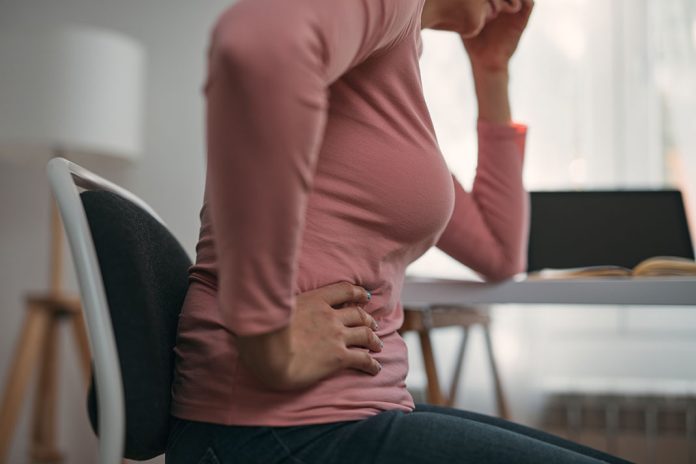Colon cancer begins in the colon or rectum. It can occur in any age group, but it’s most common in people over 50. The cause of colon cancer is unknown, but it’s believed to be related to environmental and lifestyle factors, as well as genetics. After diagnosis, treatment for colon cancer depends on the cancer stage and the overall health of the patient. The following are common symptoms of colon cancer that patients should know:
1. A change in bowel habits
If you are experiencing sudden changes in bowel habits, it may be a sign that you have colon cancer. These changes may include a change in the frequency of your bowel movements, a feeling of difficulty passing stool, or pain or discomfort during bowel movements.
2. Rectal bleeding
One of the major colon cancer symptoms to watch out for is rectal bleeding. This can occur from several potential sources, including polyps, tumors, and other abnormalities in the colon. If you notice bleeding from your rectum, see a doctor as soon as possible. The bleeding may signify that your colon cancer is progressing; you may require surgery to remove the abnormal tissue.
3. Diarrhea or constipation
Diarrhea or constipation are common colon cancer symptoms. Either may be a sign that the cancer has spread to other parts of the body.
4. Blood in stool
Like rectal bleeding, having blood in your stool may indicate that the cancer has spread to the bowel area. You may require surgery to remove the cancer.
5. Sweating and headache
Many colon cancer patients experience a sudden increase in body temperature, sometimes accompanied by headaches. Night sweats, when the body is trying to cool down, can also be a sign of colon cancer.
6. Sudden weight loss
Sudden weight loss with no clear cause may also signify that you have colon cancer. This is because colon cancer can affect the large intestine, which is in charge of absorbing food from the stomach. When this process is disrupted by cancer, fewer nutrients are absorbed by the body and the patient may start to lose weight.
7. Feeling like the bowel won’t empty
Another colon cancer symptom is feeling like the bowel won’t empty. This can be accompanied by nausea, bloating, and diarrhea.
8. Abdominal pain
Abdominal pain is another common symptom of colon cancer. This pain can come in different forms and be caused by different issues, including cramps, diarrhea, constipation, or bloating. The pain can also be constant or intermittent.
9. Swelling of the abdomen
One of the first signs of colon cancer is often a swollen abdomen. This can be caused by cancer spreading to the stomach lymph nodes or cancer growing inside the muscle.
Reducing the risk of colon cancer is all about practicing healthy lifestyle habits. For instance, alcohol consumption has been linked with an increased risk of colon cancer, so reducing or moderating the amount of alcohol you drink is important. Incorporating more foods that contain high fiber and antioxidants into the diet while reducing the consumption of processed foods has also been shown to help protect against colon cancer. Finally, exercise has been shown to help reduce the risk of many cancers, including colon cancer, so it is vital to get regular exercise as well.



